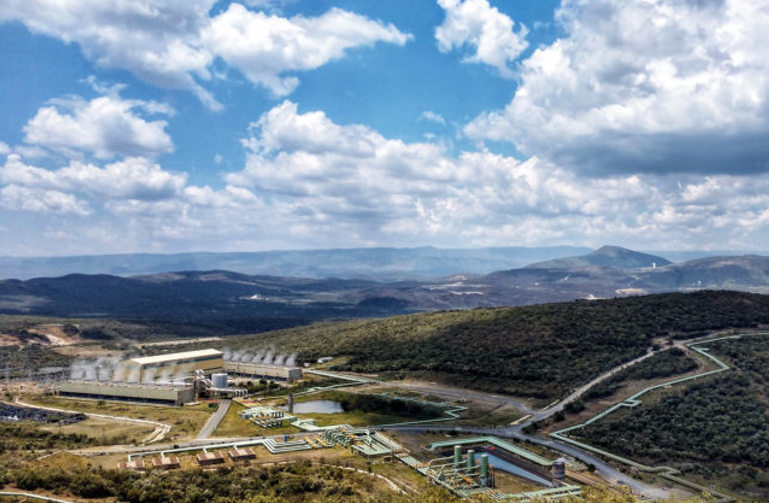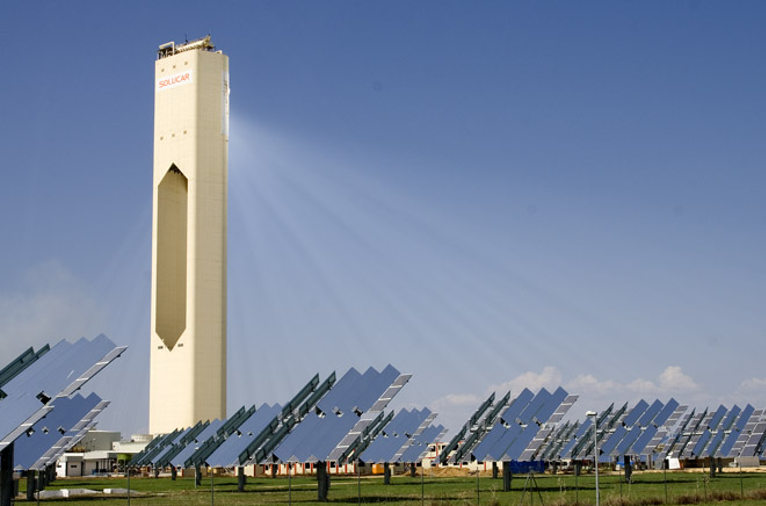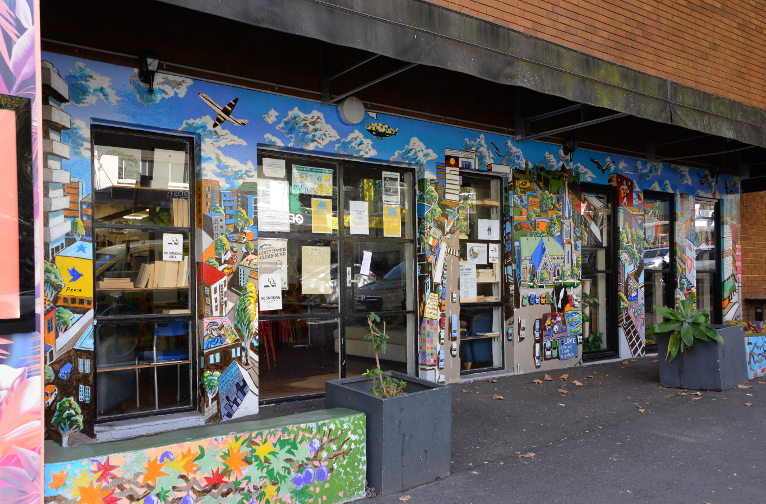S**t matters – how the Covid-19 crisis reveals both progress and the challenge of universal sanitation
Community access to sewage systems, clean water supply and efficient surface water drainage across the world has long been a key development issue, but today it is centre stage in climate emergency planning.
May 15, 2023
Accelerating recovery of wild European mammals brings hope of wider nature regeneration
In sum, while the world is facing a human-induced mass extinction event and unprecedented losses of biodiversity and wildlife worldwide, it is important to remember the power we have to make positive choices to protect species and the environments they live in and upon which we all depend.
May 11, 2023
The cooling, cleansing power of canopies – urban tree planting takes root
From the London borough of Hackney and Barcelona in Spain, to Freetown in Sierra Leone, increasing the number of trees in cities has been shown to be an important, low-cost, and rapid way to cut pollution, improve health and well-being, and make cities less vulnerable to extreme weather.
December 21, 2022
Doing development differently: How Kenya is rapidly emerging as Africa’s renewable energy superpower
In 2021, 81% of Kenya’s electricity generation came from the low carbon sources of geothermal, hydro, wind, and solar power.
November 29, 2022
Solar power surges in Spain
Given that sky-high fossil fuel prices are here to stay, and the revived political urgency of bolstering domestic energy generation, solar generation will surge in the coming years – especially in Europe.
September 7, 2022
Rapid transition to beat the heat: Community Resilience
Under the right conditions society, with all its structures and systems, can change as rapidly as the mercury in the thermometers is rising.
August 23, 2022







